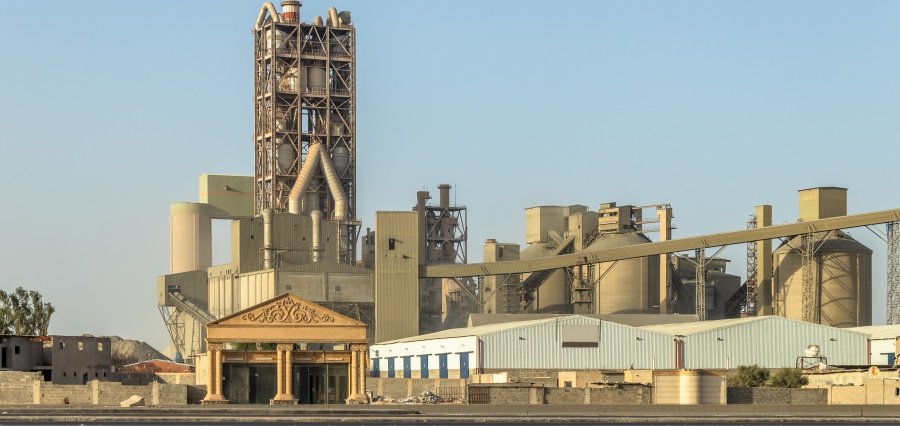Cement sales rebounded in a fairly mild fashion during Q2 2024 for Saudi Cement, as cement sales rose to 1.8% in the same quarter of the previous year, whereas it stands at 10.85 million tons from the National Bureau of Statistics; domestic accounted for 95% while export accounted for 5%.
Its survey of 17 cement companies that run its operations in the Kingdom positions Al-Yamama Cement at market leader at 12% and 1.28 million tonnes sold during the quarter though trending down by 7%. Qassim Cement was at 10% domestic sales, 1.06 million tonnes.
The Saudi cement market is $1.07 billion in 2023 and will grow, mainly driven by ambitious Vision 2030 transportation, health care, and tourism infrastructure development projects. On top of this, extra-large projects like Riyadh Metro, NEOM, and Qiddiya are adding cement demand. The basis on which the market is growing is a CAGR of 6.10% between 2023 and 2029.
However, Saudi Cement, Yanbu Cement and Southern Cement was able to sustain a 9 percent share of market sales in reaching 920,000 tons. Saudi Cement recorded Umm Al-Qura Cement posting the highest in the country, which surged 68 percent to 371,000 tons even though it held a smaller share in the market.
In this connection, Najran Cement led the pack with the second largest increase in the aggregate cement exports at 404,000 tons, year-over-year decline of 16 percent, and market share at 13 percent or 66,000 tons while it had a year-over-year growth of 16 percent.
The Riyadh market still has a stronghold at 47% of the total. This basically reflects the paramount position that Riyadh occupies in the infrastructure objectives of the Kingdom mainly because of rapid urbanization and development. The market has also begun its digital transformation by adopting Industry 4.0 technologies in order to make production more efficient.
Though these are promising growth prospects, the challenges continue to be there: regulatory compliance, market oversupply and price fluctuations. Firms are thus advised to invest in sustainable practices and engage with the regulators so that they can negotiate successfully through such complexities.
For More Details: https://arabianworldmagazine.com/




